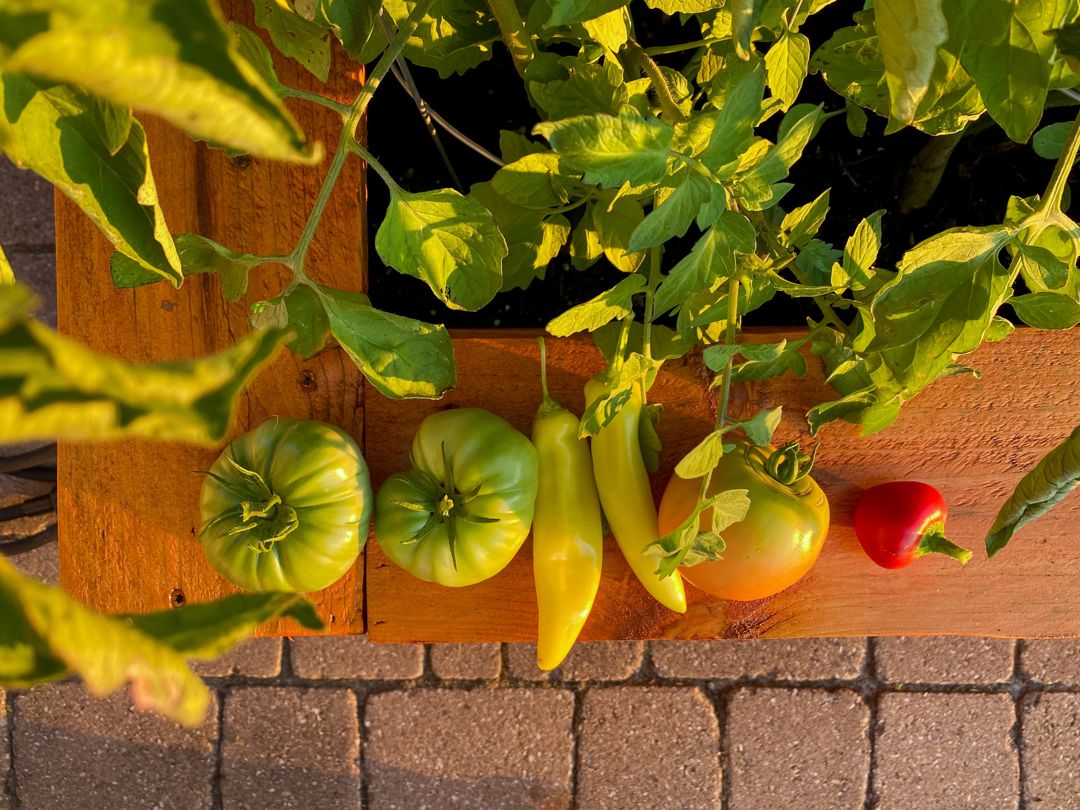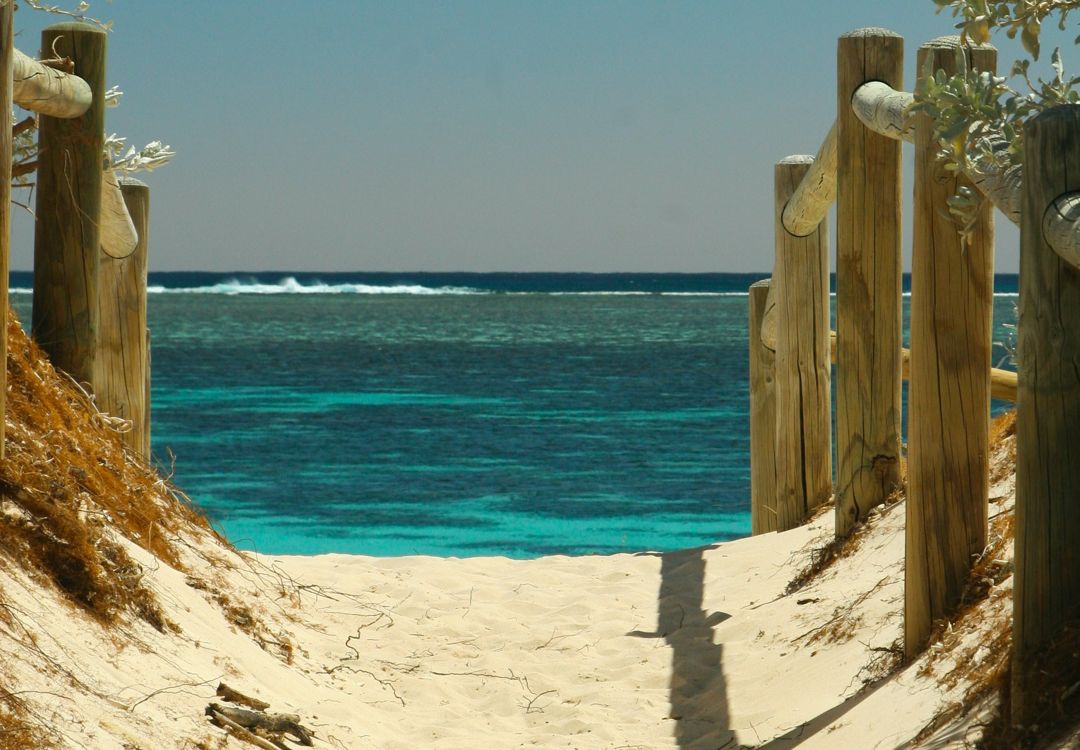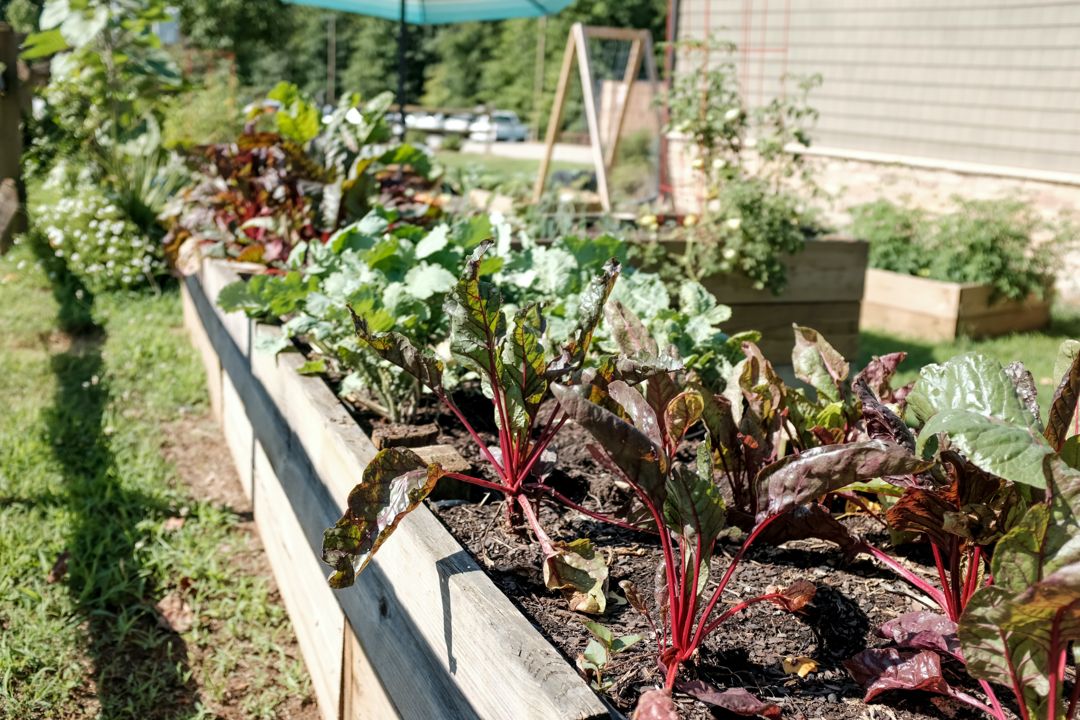Heading off on vacation? Don’t forget about your garden in your vacation planning! Planning for your garden’s care while you’re away will help ensure your plants stay healthy and keep on producing.
Will my garden survive while I’m away?
If you’re only going away for a couple days, your plants might be fine without any special attention. But, it can still be helpful to take steps to be sure your plants survive. If you’re heading off for a weeklong trip or longer, it’s more critical to plan ahead to ensure that your plants will receive water if temperatures skyrocket and there’s no rainfall.
Vacation travel often happens during the summer months when there are more likely to be hot, dry spells that can quickly zap your plants. As your vacation approaches, start checking the weather forecast. If there’s a high probability of rain on some of the days you’ll be away, your garden may not need extra watering. If temperatures are soaring and the chance of rain is low, you’ll need to think about how to make sure your plants will have enough water while you’re gone.
Summer is also the start of peak harvesting season. If you leave your garden without being harvested regularly, some crops may go to waste (unless you can find creative ways to use monster-size zucchini…) and the plants’ production may start to slow due to not being harvested. If your plants are starting to produce, you’ll also want to think about how to get on top of harvesting while you’re gone.

Another consideration is how vulnerable your plants are. Newly planted transplants and young emerging seedlings need more consistent moisture compared to well-established plants. Also, container plants are especially prone to drying out completely on hot days. If you have vulnerable plants, they will likely need some extra care to make it through.
How to prepare your garden for vacation
The best way to make sure your garden is cared for while you’re gone is to have another avid gardener come to take care of watering and harvesting your garden. Often though, if you are lucky enough to have someone who can come care for your garden, it’s family, neighbors, or friends who might not be as garden-savvy. If you ask a non-gardener to take care of your garden while you’re away, it can help to leave clear written instructions on how often you think they’d need to water, how much to water and where, and how to identify and harvest any crops that are ready.
If you don’t have anyone nearby who you can entrust your garden care to, there are other ways to help your garden survive while you’re gone:
- Hold off on transplanting plants or planting seeds right before leaving- these have the highest likelihood of dying if they are neglected for a few days.
- Deep water your garden daily starting a few days before leaving to ensure the soil has plenty of moisture.
- If your budget allows, install drip irrigation or soaker hoses and put the system on a watering timer to take care of the watering for you. If you are planning on using an irrigation system with a timer, make sure to test it several times before leaving.
- Remove any weeds that can compete for water and nutrients and be sure your garden has a thick layer of mulch covering it to help keep moisture in the soil.
- Add some shade for plants that tend to suffer in dry, hot weather, such as leafy greens. You can install shade cloth over them, or rig up some old bedsheets for a quick-and-cheap solution - just make sure the plants will get enough airflow.
- Container plants should also be moved to a shady location. To ensure the containers have enough moisture, you can purchase (or make your own) watering spikes; or place the containers in buckets or trays and fill the trays partway with water so the plants can take up water as they need it. Take the plants out of the shade and the trays when you get home, though, or they may start to suffer.
- Proactively harvest any veggies that could go from not-quite-ready to beyond-ready while you’re away.
Plan for your garden while you’re gone so you can enjoy the hot sunny weather, rather than wondering if your plants are burning up!

